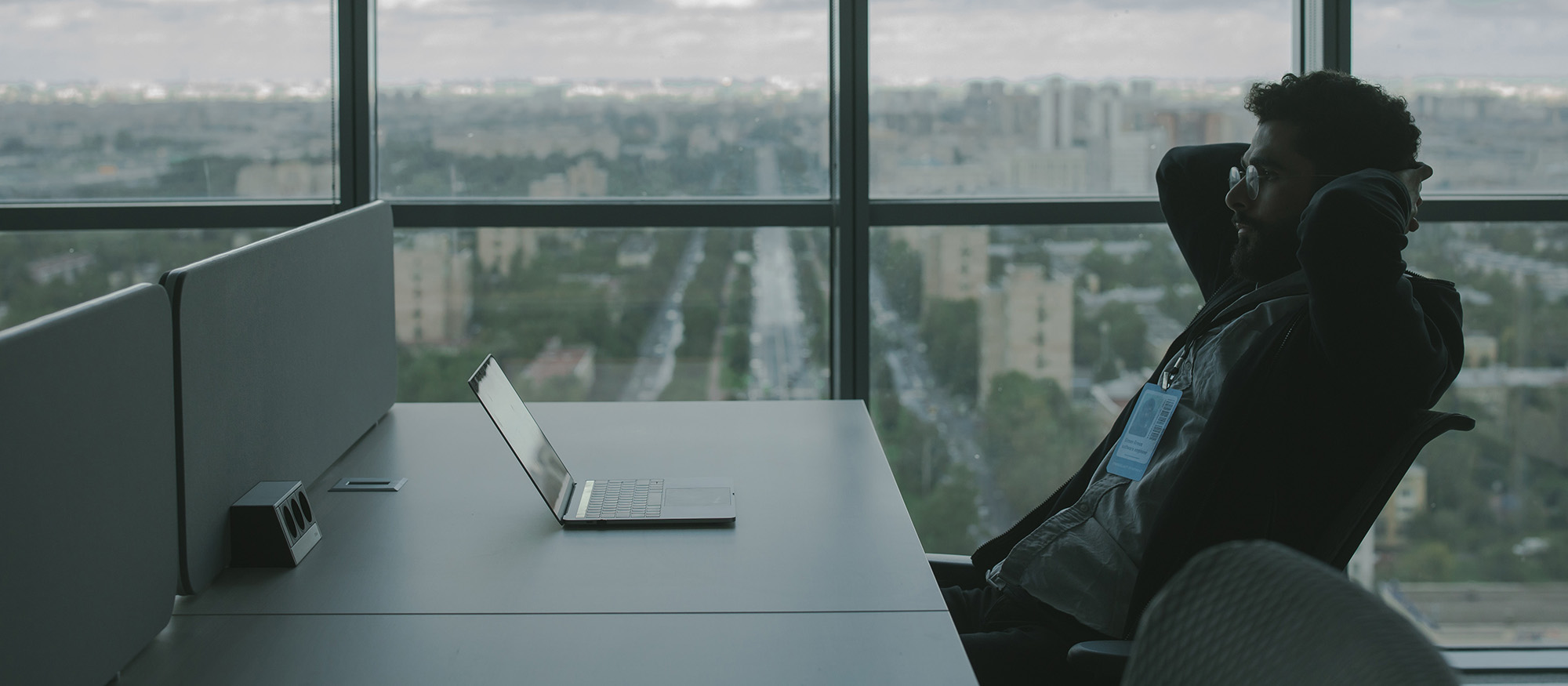Movember is the annual reminder that men’s health – or more accurately, discussion around how men manage their health – is something that still needs prompting, especially with regards to mental health.
As we navigate an era of uncertainty, a phrase that has perhaps defines our current pressures is “the cost-of-living-crisis”. This inescapable phrase and its day-to-day reality are having a very real impact on mental health, and there is an urgent need to discuss the decisions that men are making in the face of these economic pressures.
While the cost-of-living crisis affects us all, for many men there is an added layer around perceived gender roles that is feeding heightened levels of stress, anxiety and depression. The traditional male breadwinner image, although less often spoken about explicitly, is still a potent force that shapes behaviours. For many men, accomplishment as an individual is often tied to monetary success and providing for others[i]. The cost-of-living crisis and wider economic downturn has reduced job and financial security, in turn undermining individual sense of worth and detrimentally impacted male mental health.
Men in general are less likely than women to ask for help with their mental health[ii] and this pattern is repeated in the face of financial stress and the anxieties they provoke[iii], with many men choosing instead to “tough-out” the financial challenges they are face. This is dangerous tactic as male mental health stats attest:
- 40% of men have never spoken to someone about their mental health[iv]
- 1 in 8 men suffer from depression or anxiety at any given time[v]
- ¾ of suicides in the UK are male[vi]
Compounding this are the coping strategies that can define male response to mental health issues. Men make up only 36% of those who seek professional support, choosing instead to manage alone. This is problematic and can lead to destructive habits such as alcohol and drug abuse, both of which are much higher in men than women[vii].
In addition, hybrid working has led to reduced levels of professional interaction. People who experience heightened levels of isolation and loneliness suffer higher levers of stress, anxiety and depression[viii], and this is just adding to the mental burden that many men are facing, often without the tools to cope.
It is therefore essential that we use this month to change the narrative around male mental health. Organisations have a duty of care for their workforce and the issue of supporting men in the face of mental health issues needs to be central to that. Movember is the perfect opportunity to highlight these issues and provide options to support male staff, facilitate conversations around mental health and even help manage issues before they become crises.
At Wellbeing Partners, we offer group wellbeing workshops including ‘Men’s Mental Health’, ‘Taming the Tiger: Resilience for Men’, ‘Mindfulness for Men’ and ‘From Anxious to Calm’, as well as one-to-one counselling and wellbeing sessions that can help men talk about and manage their mental health.
[i] https://www.psychologytoday.com
[ii] [iii] https://www.huffingtonpost.co.uk/
[iv] https://www.priorygroup.com/
[v] https://www.counselling-directory.org.uk/
[vii] https://www.menshealthforum.org.uk/
[viii] https://www.cdc.gov/aging/publications/


